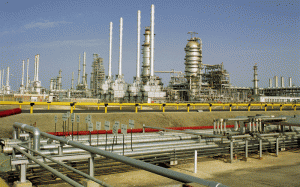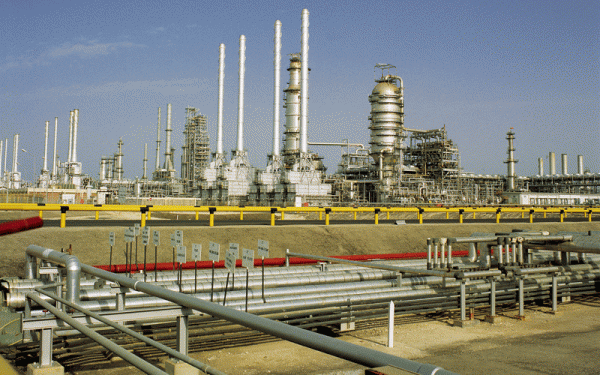 A report from Arab Petroleum Investments Corp has revealed that oil producers in MENA are planning a total investment of US$740bn on energy projects over the next 5 years (2013-2017). The five countries leading the investment table are Saudi Arabia (US$165bn), UAE (US$107bn), Algeria (US$71bn), Qatar and Iran (US$68bn) respectively.
A report from Arab Petroleum Investments Corp has revealed that oil producers in MENA are planning a total investment of US$740bn on energy projects over the next 5 years (2013-2017). The five countries leading the investment table are Saudi Arabia (US$165bn), UAE (US$107bn), Algeria (US$71bn), Qatar and Iran (US$68bn) respectively.
The review covers projects in the oil, gas, petrochemicals and power industries that are likely to see final investment decisions being taken from more than 200 planned and announced public and private projects in the region estimating in size from $100 million to $20 billion. If previous evaluations which have been uniformly and consistently revised to reflect the full scale and scope of the power sector are taken into consideration, the report shows that investment in the oil sector is rising once more.
Countries such as Egypt, Libya and to a larger extent Yemen are still not having the necessary investment needed due to the uncertainty clouding their political institutions and economic arena.
According to the report, the cost of an “average energy project,” which has risen almost thrice between 2003 and 2008, has resumed its upward trend after a period of stagnation in middle of the global financial crisis. However, the relatively moderate 7% upward trend underpinning the current review should not be misleading because the estimation of project costs relies on the outlook of the cost of engineering, procurement and construction, and its components.
The upstream, midstream and T&D systems in the power sector will count on internal funding while the hydrocarbon downstream, which has traditionally relied on debt, typically in a proportion of 70 percent, will need more equity.
Calculated on country basis, medium-term capacity growth is put at 7.8% and the economic output at 4.5% during the 5 years.
MENA 5 year energy investment
